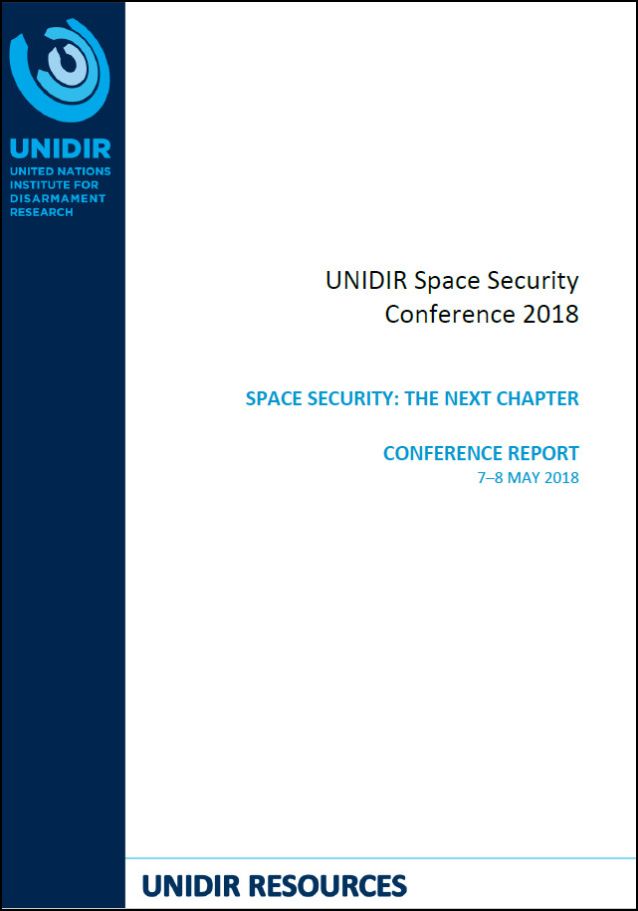For years, discussions on space, security and the next age of human exploration have revolved around the “threats of tomorrow” and “wars of the future,” yet little has been done to meet these challenges at the international level. Discussions for a new, legal instrument for arms control in outer space have moved slowly, and even “soft law” instruments have difficulty finding critical support. Conversely, space activities are only gaining momentum. The year 2018 will mark a significant year for the space environment, with private actors expected to launch the first missions of a new generation of space activities. Likewise, States are enacting laws to further spur innovation and strengthen the space economy. Such changes will drastically alter realities in space, whether or not the existing global governance structure for space activities is adequate.
In this context, the UNIDIR 2018 Space Security Conference examined the existing framework for space governance to see what aspects remain relevant to the emerging order in outer space, as well as what elements might be updated. In this way, UNIDIR and its partners, The Simons Foundation Canada and Secure World Foundation have shed light on how the international community can start a new chapter of space security dialogue.
Citation: Space Security Programme (2018) "Space Security: The Next Chapter (2018 Space Security Conference Report)", UNIDIR, Geneva.
